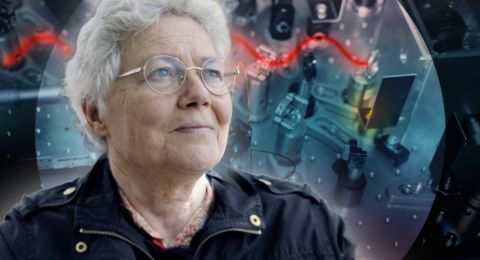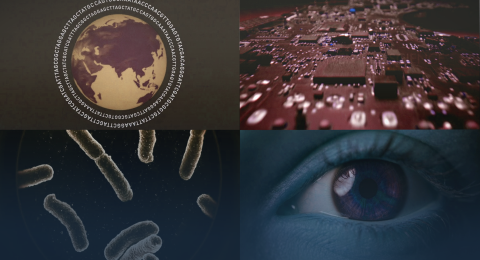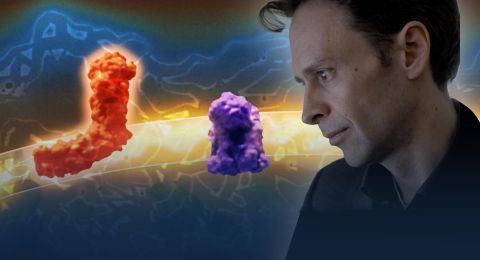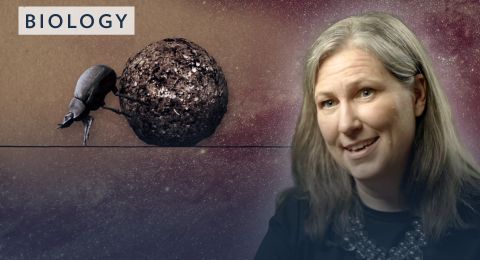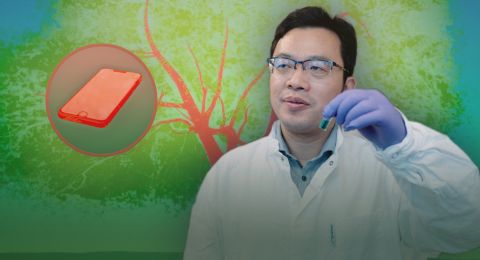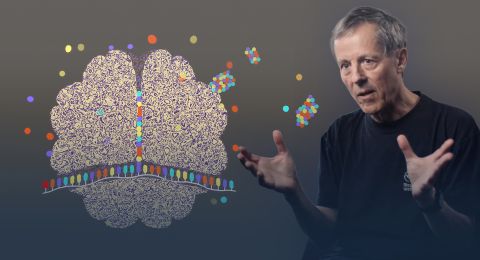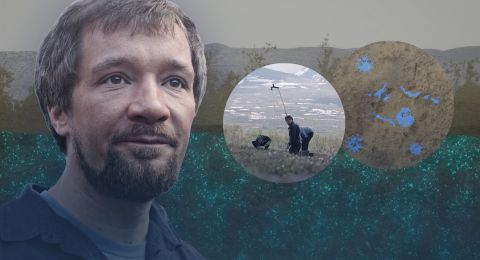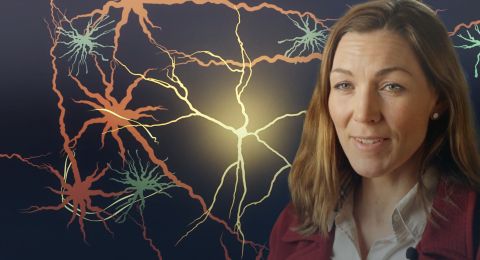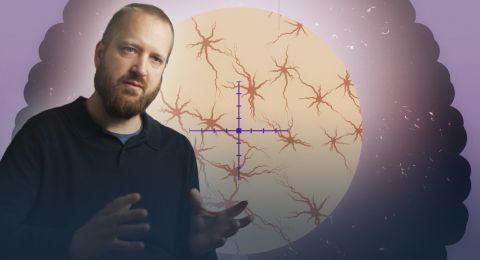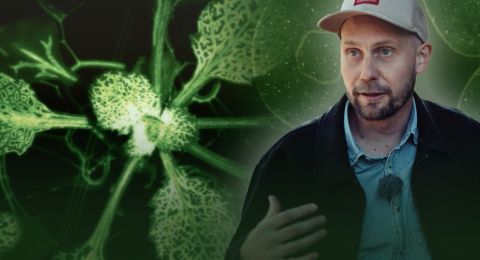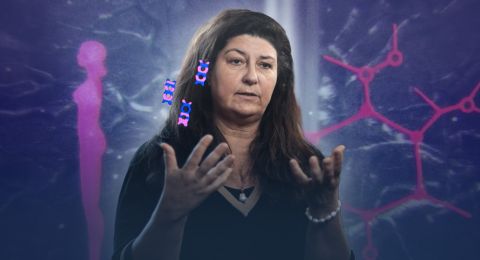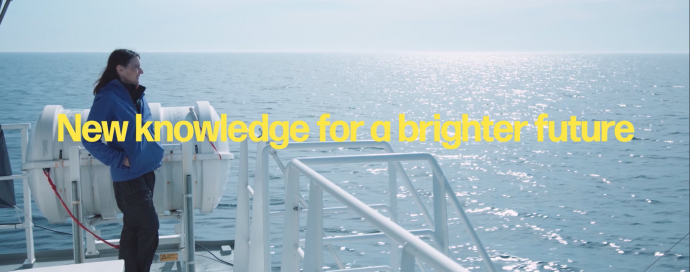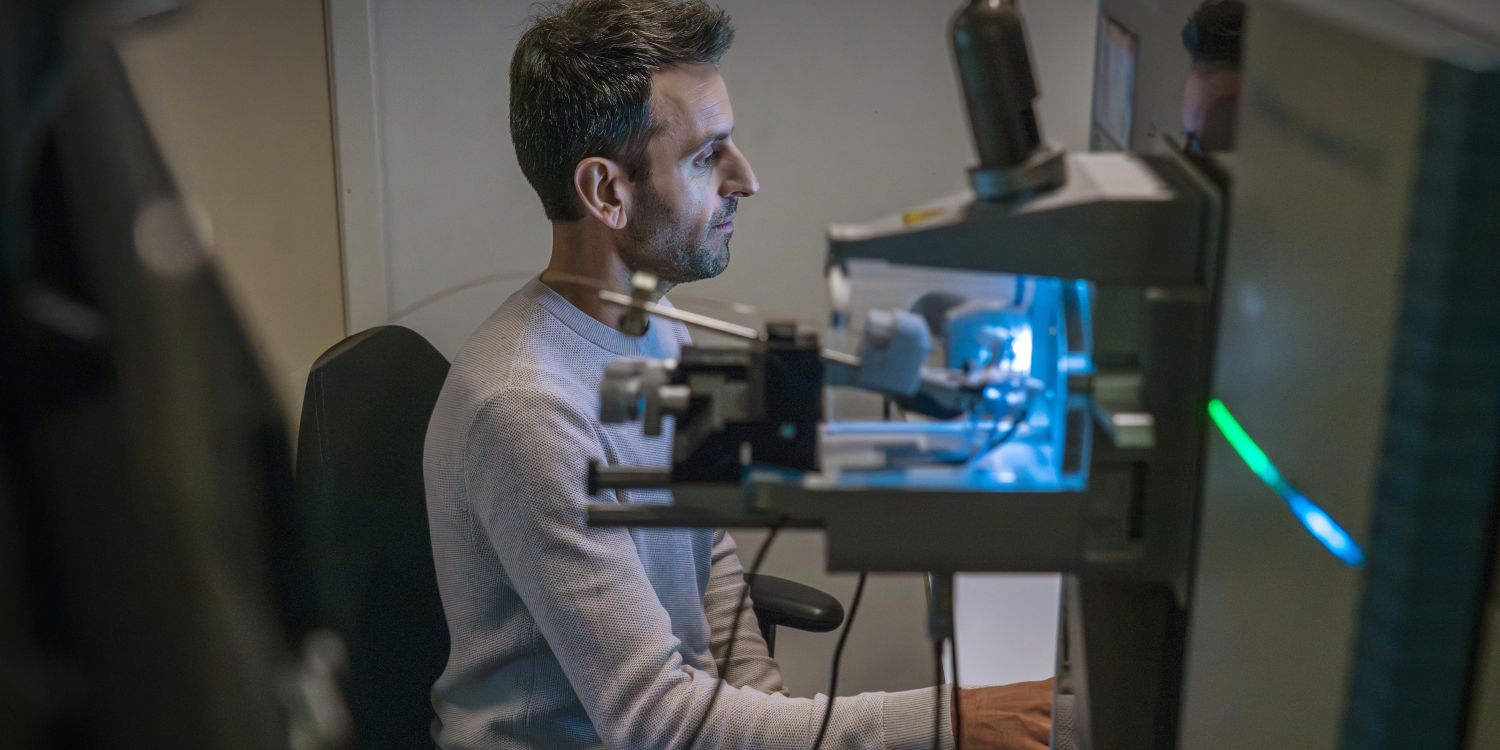Current calls
- 14 Nov
- 14 Nov
- 1 Feb
- 20 Mar

Exploring the ethics of deterrence
Are we allowed to form defensive alliances even if this makes our neighbors worse off? May we install a surveillance camera on our home even if this makes a burglar more likely to break in next door? Can deterrence be a legitimate motive for war? Philosopher Helen Frowe is examining the ethical aspects of deterrence, giving us better tools to determine whether or not a given method of deterrence is acceptable.
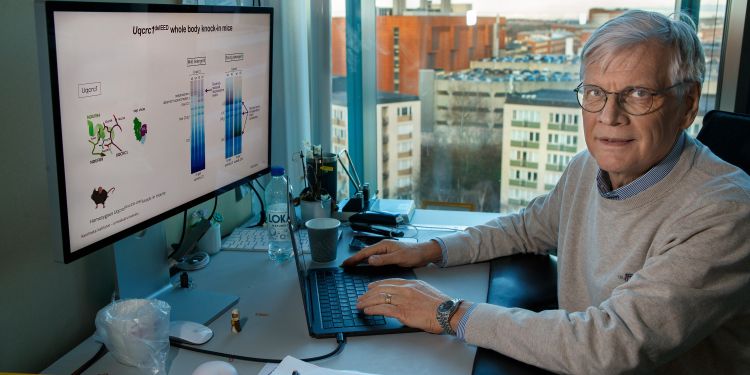
Hidden processes in the cellular powerhouses shed light on diseases
Wallenberg Scholar Nils-Göran Larsson is a pioneer in the study of mitochondrial DNA (mtDNA). Mutations of mtDNA cause mitochondrial diseases but are also found in ageing tissues. New findings may pave the way for future therapies.
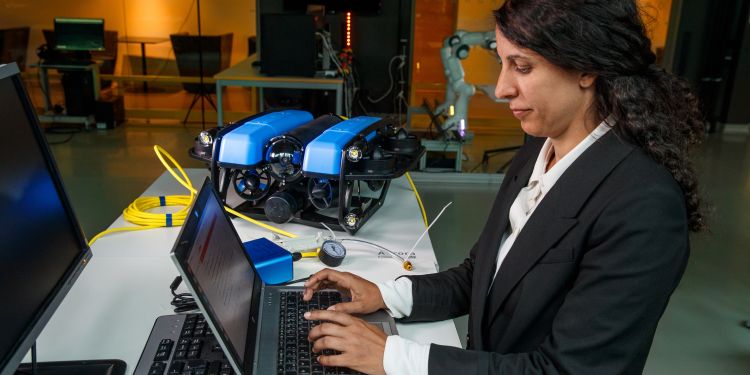
Curiosity and play helping AI robots to learn better
Wallenberg Scholar Amy Loutfi incorporates several human cognitive traits into the artificial intelligence that governs the learning capabilities of robots.

Mapping brain mechanisms that shape our culture
As a psychologist, Björn Lindström is interested in human behavior. Now he wants to map the mechanisms in the brain that enable us to learn from each other. Research into social learning can provide essential knowledge about how human culture is formed, including problematic phenomena such as conspiracy theories and extremism.
